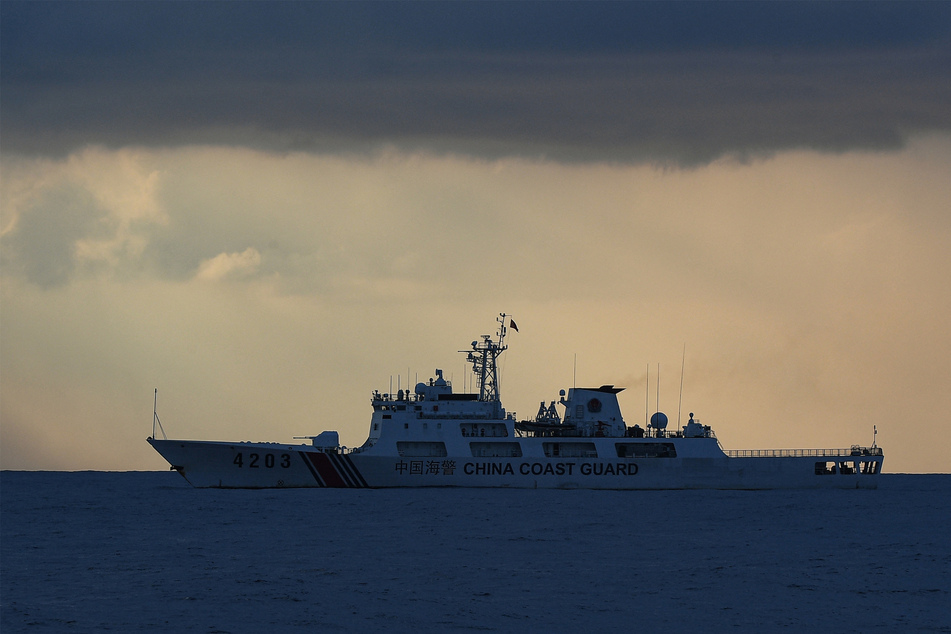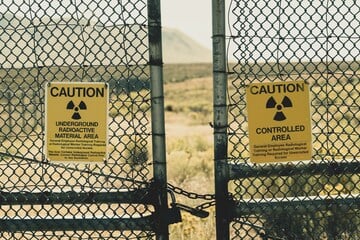Philippines warn of nuclear danger amid China clashes as US says it seeks de-escalation
Washington DC - A diplomat from the Philippines issued a stark warning about the risks posed by growing tension with China in the region.

Speaking to the Financial Times, Jose Manuel Romualdez, the Filipino ambassador to Washington, called the current moment "the most dangerous time."
"Weapons of mass destruction are very real," he added. "You have several countries, major powers that have large arsenals of nuclear power... If anything happens, the entire Asian region will be completely included."
The comments, set against the backdrop of violent clashes between Filipino and Chinese mariners in the South China Sea, and escalating rhetoric around the issue of Taiwan's independence, indicated increasing skepticism surrounding Washington-Beijing relations.
Yet, following skirmishes between the Philippines and China on the contested Second Thomas Shoal, US officials have joined with their Filipino counterparts to call for dialogue with Beijing.
Deputy Secretary of State Kurt Campbell on Monday was cited by the Washington Post as saying that Filipino officials "do not seek a crisis with China. They are seeking dialogue," at a Council of Foreign Relations event in Washington.
Campbell then went on to explain, however, that the most important thing that Washington can do right now is to make it publically clear that the US stands firm in its support of the Philippines.
The two countries also announced that joint military drills would go ahead as a so-called "show of support."
China hits back at US ambassador's accusations

In an interview with the Wall Street Journal published on June 25, the US ambassador in China Nicholas Burns said that Beijing is "taking dramatic steps to make it impossible" for the two countries to reconnect.
Responding to a question from AFP in her daily regular press conference, Chinese foreign ministry spokesperson Mao Ning countered that the "remarks do not reflect the facts" and "stray" from understandings established between US President Joe Biden and Xi Jinping in San Francisco.
"It is the US, not China, that has disrupted and prevented cultural and people-to-people exchanges between the two countries," Mai Ning said.
"The US has used national security as a false pretext to harass, interrogate, and deport Chinese students arriving in the US. Such moves inflicted enormous damage on the persons concerned."
Cover photo: Collage: Andrew Harnik & ed ALJIBE / POOL / AFP
